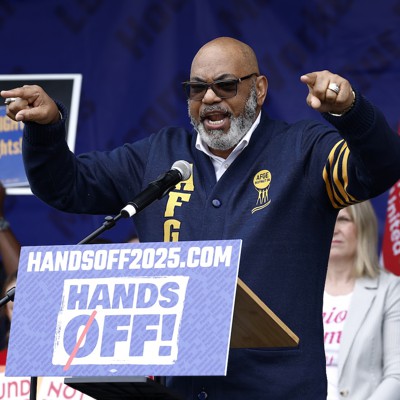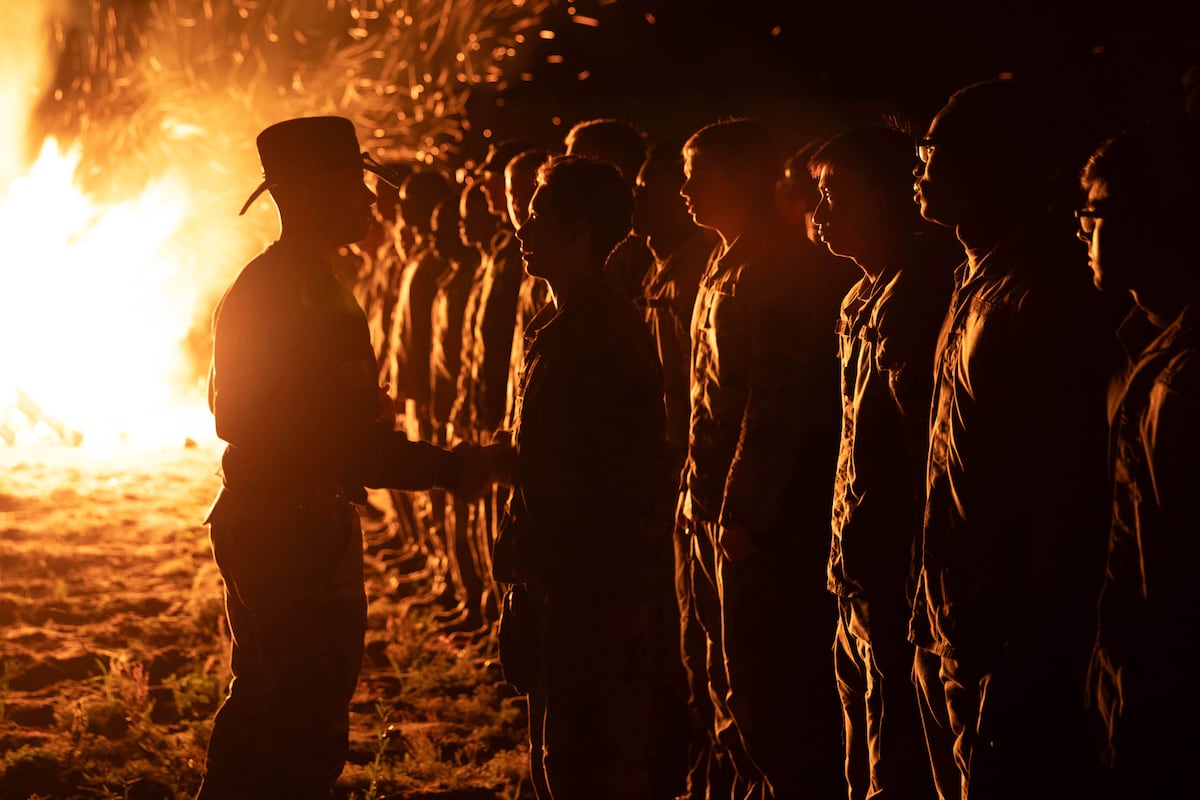A provision to exempt civilian Defense Department employees from President Trump’s controversial executive orders aimed at stripping two-thirds of the federal workforce of their collective bargaining rights survived House debate on the annual Defense policy bill, which passed Wednesday by a vote of 231-196.
The March and August orders cited a seldom-used provision of the 1978 Civil Service Reform Act to ban unions across much of the federal government under the auspices of national security.
But in July, the House Armed Services Committee voted to include a provision in the fiscal 2026 National Defense Authorization Act (H.R. 3838) that would bar the use of fiscal 2026 funding to implement the edict on the Defense Department’s civilian workforce. Three Republicans crossed party lines to support the measure.
House Republicans amended the must-pass legislation on the floor this week with partisan provisions such as banning TRICARE coverage of gender-affirming medical care for military service members and their families. But the collective-bargaining measure was left intact when no vote was scheduled on an amendment previously approved by the House Rules Committee from Reps. Bob Onder, R-Mo., Scott Perry, R-Pa., and Russ Fulcher, R-Idaho.
Union officials said House leaders’s reticence to move Onder’s amendment is a sign that there is insufficient GOP support for Trump’s efforts to excise them from the federal workplace.
A discharge petition for the Protect America’s Workforce Act (H.R. 2550), which would nullify Trump’s executive order altogether, is just two signatures away from the 218-member threshold to force the bill’s consideration on the House floor, now that a Tuesday special election has sent Rep. James Walkishaw, D-Va., to replace the late Rep. Gerry Connolly.
Successful discharge petitions are rare, though last year a bipartisan group of lawmakers used the tactic to spur the enactment of the Social Security Fairness Act.
In a statement, American Federation of Government Employees National President Everett Kelley lauded the House’s decision to retain collective bargaining protections as part of the NDAA, and argued that federal employee unions have been an important catalyst for improved mission delivery since their inception.
“Federal workers have had the right to organize and bargain over working conditions and personnel policy for more than 60 years—and these rights have been strengthened and expanded over the subsequent decades by both Republican and Democratic administrations,” Kelley said. “Collective bargaining rights help improve federal operations, enhance government efficiency, and improve agencies’ recruitment and retention efforts. Restoring these rights for Department of Defense civilian employees will help strengthen and advance our mission.”
“The International Federation of Professional and Technical Engineers is pleased the bipartisan language to repeal the Trump union-busting order was preserved in the House-passed NDAA,” said IFPTE National President Matt Biggs. “The fact that this language was included underscores the bipartisan support that collective bargaining enjoys from a majority of congressional lawmakers. We look forward to working to protect it in the final conference report.”
Read the full article here








Leave a Reply